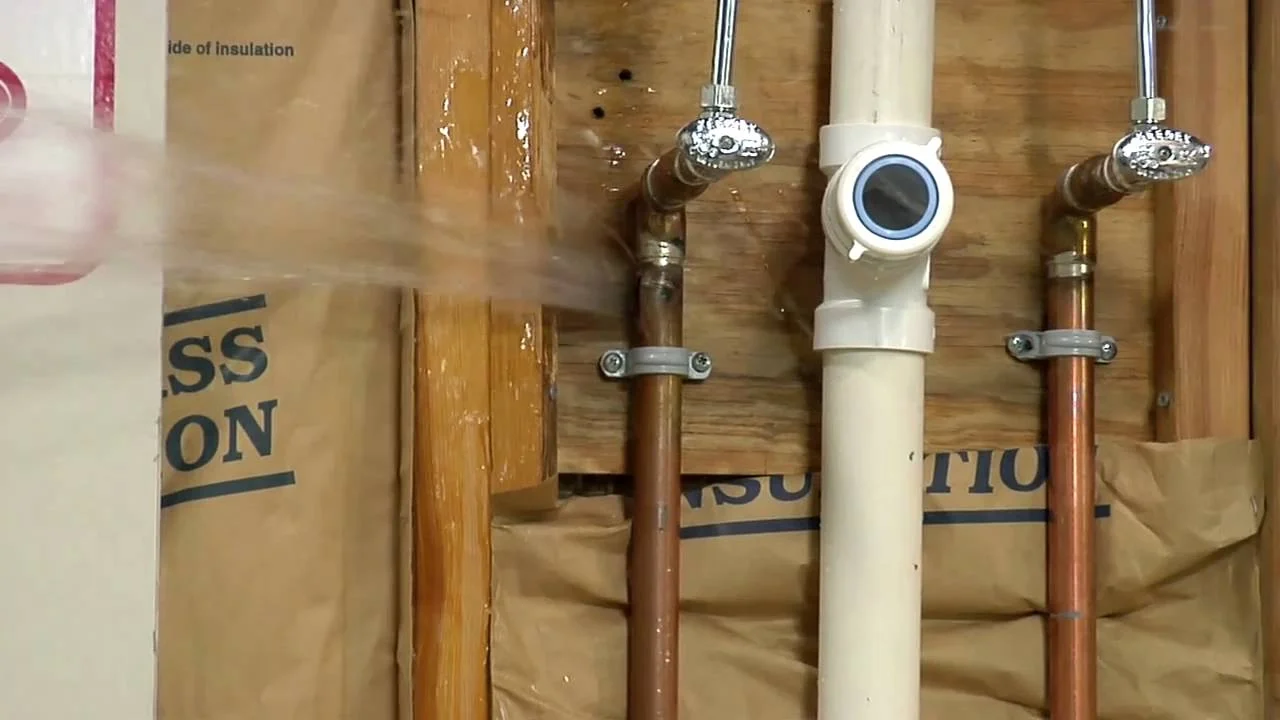Saving Water in the Cotswolds: Small Changes, Big Impact
Across the rolling hills and stone-built villages of the Cotswolds, water feels abundant — streams winding through meadows, and gardens thriving on morning dew. But beneath the surface, the Cotswolds faces the same growing challenge as much of the UK: water scarcity.
With warmer summers, unpredictable rainfall, and rising household use, saving water at home isn’t just an environmental choice — it’s becoming a practical necessity.
The good news? Small, thoughtful changes can make a big difference to your water bills and the local environment.
Why Water Conservation Matters in the Cotswolds
The Cotswolds sits on limestone aquifers, which naturally store and filter water. However, this system also makes the region vulnerable to fluctuations in rainfall — dry spells can quickly reduce groundwater levels.
Local water companies, including Severn Trent, have warned that the area could face seasonal shortages if domestic water use continues to rise.
“We’re seeing higher demand year-round — especially during warm months, when garden and home water use spikes.”
— Severn Trent Water, 2025 Resource Report
Even modest conservation at home helps: reducing the strain on treatment plants, maintaining river health, and keeping household bills in check.
Everyday Ways to Save Water
1. Fix Leaks and Dripping Taps
A dripping tap can waste up to 5,000 litres a year — enough to fill more than 60 baths.
Tightening fittings or replacing worn washers can solve most leaks within minutes.
2. Swap Baths for Showers
A typical bath uses around 80 litres of water, while a 5-minute shower uses 40–50 litres.
Consider installing a low-flow showerhead for even greater savings without compromising comfort.
3. Upgrade Toilets and Taps
Modern dual-flush toilets use as little as 4 litres per flush — half the amount of older models.
Aerated taps mix air with water, reducing flow but maintaining pressure.
4. Collect Rainwater
Installing a water butt beneath your gutter downpipe can capture hundreds of litres for garden use. It’s a simple way to keep lawns green without relying on the mains.
5. Choose Efficient Appliances
When replacing dishwashers or washing machines, look for A-rated models.
These use significantly less water and energy per cycle — ideal for large families or regular laundry loads.
Outdoor Water Wisdom
Cotswold gardens are famous for their charm — but they can also consume vast amounts of water in summer.
Here’s how to keep them sustainable:
Water early morning or late evening to reduce evaporation.
Use mulch and compost to retain soil moisture.
Choose native plants like lavender, thyme, and foxglove that thrive in drier soil.
Avoid pressure washing patios too often — a broom and bucket often do the job just as well.
The Impact of Small Changes
Understanding Local Water Pressure and Supply
If you’ve noticed lower pressure during dry spells, it’s not just your plumbing.
In Worcestershire and Gloucestershire, seasonal demand can affect pressure — particularly in rural villages with shared mains lines.
Installing a pressure-balancing valve or upgrading old pipework can help maintain consistency even when the local network is under strain.
The Bottom Line
Water conservation isn’t about going without — it’s about using what we have more wisely.
For Cotswold homes, that means maintaining comfort, reducing waste, and protecting the landscape that makes this region so unique.
Whether it’s fixing a dripping tap, installing a rainwater tank, or upgrading your old boiler system, every drop saved adds up to a healthier, more sustainable future.
Book a Home Water Efficiency Check
Our local plumbing team offers full inspections across Worcestershire, Gloucestershire, and the Cotswolds, including:
Leak detection and repairs
Water pressure testing
Fixture and appliance upgrades
Rainwater collection installation
📞 Call us today to book your water-saving inspection
📧 Request a free quote via email
🌿 Trusted by homeowners across the Cotswolds and beyond

